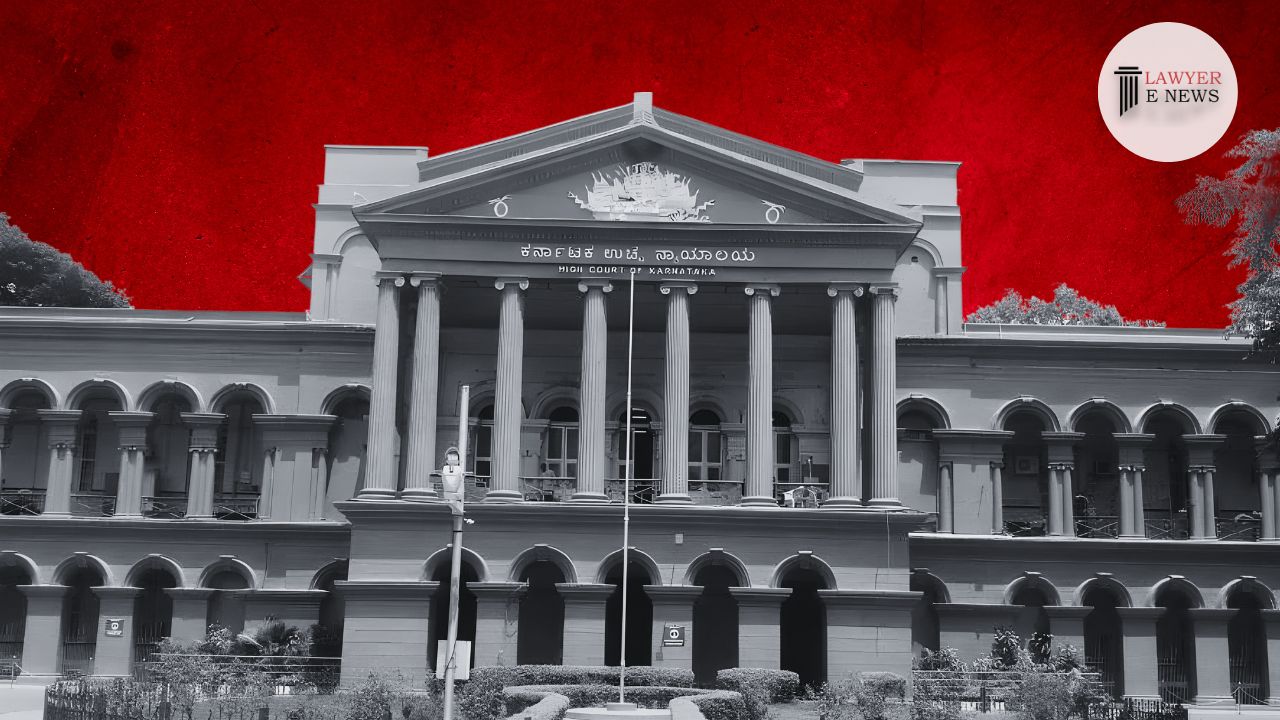-
by Admin
15 February 2026 5:35 AM



In a significant Judgement , the High Court of Karnataka has upheld the existence of a prima facie case for abetment of suicide, emphasizing the importance of mental health considerations and positive disciplinary practices in educational institutions. The judgment, delivered on [insert date of decision], sheds light on the scope of the High Court's power to quash criminal proceedings under Section 482 of the Criminal Procedure Code, 1973 (CrPC).
"The High Court's power under Section 482 CrPC is limited to determining whether a prima facie case has been made out based on the allegations in the FIR or complaint. Any analysis beyond the prima facie stage is beyond the scope of Section 482 CrPC."
The Honorable Court, in its verdict, stated, "The High Court's power under Section 482 CrPC is limited to determining whether a prima facie case has been made out based on the allegations in the FIR or complaint. Any analysis beyond the prima facie stage is beyond the scope of Section 482 CrPC." The Court emphasized that the veracity of the allegations and sufficiency of evidence should not be scrutinized at this stage but should be evaluated during trial proceedings.
The case in question involved allegations of abetment of suicide under Section 306 of the Indian Penal Code, 1860 (IPC). The Court held that the suicide note, along with the FIR and complaint, established a prima facie case for abetment of suicide, as provided under Sections 306 and 107 IPC. It highlighted that the absence of specific details in the suicide note does not render the allegations absurd or improbable.
The judgment further addressed the significance of mental health in criminal cases, cautioning against diminishing the gravity of mental health issues. It stated that individual coping mechanisms and behaviors vary, and a one-size-fits-all approach should not be imposed. The Court deemed the observations undermining the importance of mental health issues as erroneous, emphasizing the need for a nuanced understanding of mental well-being.
Additionally, the High Court remarked on the negative impact of harsh disciplinary actions in educational institutions. It emphasized that punitive measures such as suspensions and expulsions can have detrimental effects on a child's mental health, cognitive functioning, and academic performance. The Court called for a paradigm shift towards positive discipline methods that motivate students and teach them, rather than inflicting severe consequences.
The judgment also touched upon the power of the High Court to stay investigations during proceedings under Section 482 CrPC. The Court noted that stalling investigations by granting interim stays can impede the progress of justice and the revelation of material facts that may aid the trial.
Date of Decision: 26 June 2023
GAURAMMA vs . STATE OF KARNATAKA
